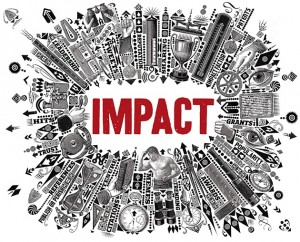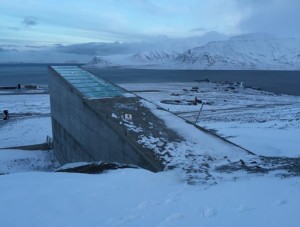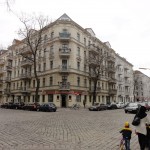TNS Seminar Wed 10th February 2016: Dr Scott Soo
Please join us for the next Centre for Transnational Studies (TNS) seminar.
When: Wednesday 10th February 2016, 5-6.30pm
Where: Room 1177, Avenue Campus
Who: Dr Scott Soo
‘A place of utter desolation and abandonment…’: Administrative noise, neglect and the commemoration of the camp de Gurs.
The camp de Gurs was an internment centre that was initially built in 1939 for refugees from the Spanish Civil War.
Continue reading →



